Profiling The Cardinals: Potential Successors To Pope Francis
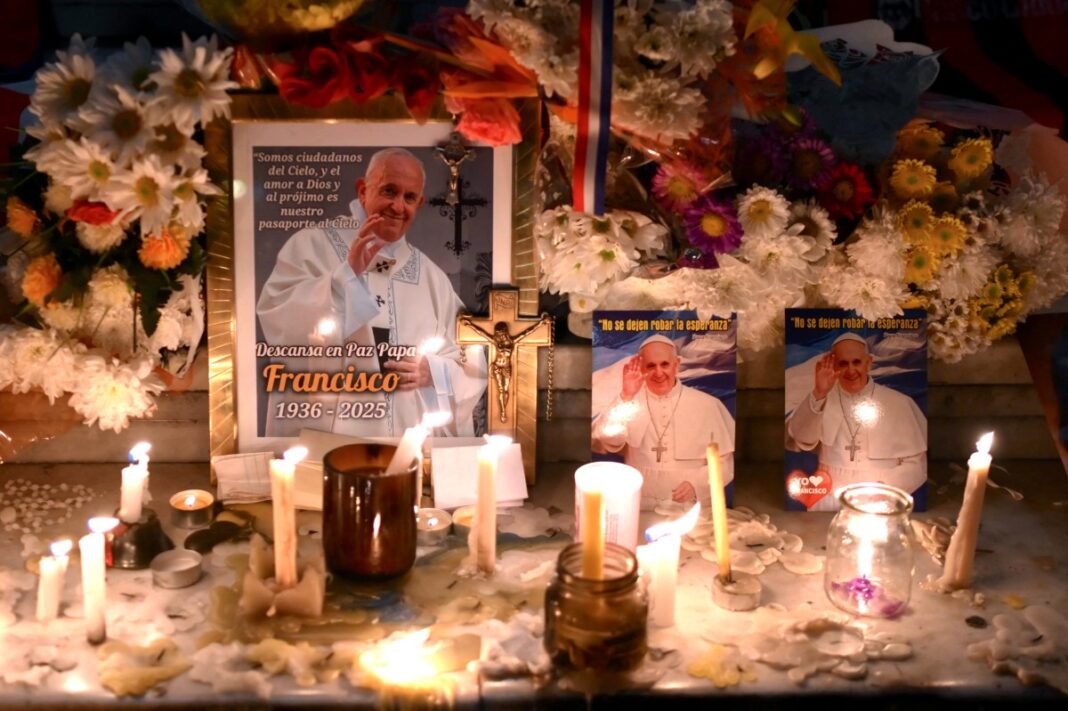
Table of Contents
Leading Contenders: Cardinals with Strong Papal Potential
The term "papabile" – literally "capable of being Pope" – is frequently used to describe Cardinals seen as potential successors. Several Cardinals stand out as leading contenders, each possessing unique strengths and experiences. Their diverse backgrounds and theological perspectives highlight the multifaceted nature of the Church's global reach.
Cardinal Pietro Parolin: The Diplomat
- Age: 68
- Nationality: Italian
- Theological Position: Moderate
- Significant Roles: Secretary of State of the Holy See
Cardinal Parolin's extensive experience in Vatican diplomacy makes him a strong contender. His deep understanding of international relations and his ability to navigate complex political landscapes could be invaluable in leading the Church in the 21st century. His moderate theological stance suggests a willingness to engage with diverse viewpoints within the Church. However, some might see his diplomatic approach as lacking decisive leadership.
- Strengths: Extensive diplomatic experience, strong international network, moderate theological approach.
- Weaknesses: Potential lack of decisive leadership, perceived as too compromising by some conservative Catholics.
Cardinal Luis Antonio Tagle: The Pastoral Leader
- Age: 66
- Nationality: Filipino
- Theological Position: Progressive
- Significant Roles: Prefect of the Congregation for the Evangelization of Peoples
Cardinal Tagle's pastoral approach and deep engagement with the developing world make him a compelling figure. His emphasis on social justice and his ability to connect with people from diverse backgrounds resonate strongly with many Catholics. His progressive Catholic theology and commitment to interfaith dialogue offer a vision for a Church that is both deeply rooted in its traditions and open to the challenges of the modern world. However, his relatively limited experience in Vatican administration might be viewed as a drawback by some.
- Strengths: Strong pastoral skills, connection with the developing world, progressive theological approach emphasizing social justice.
- Weaknesses: Relative lack of experience in Vatican administration, some may see his progressive views as too radical.
Cardinal Michael Czerny: The Social Justice Advocate
- Age: 75
- Nationality: Czech/Canadian
- Theological Position: Progressive
- Significant Roles: Prefect of the Dicastery for Promoting Integral Human Development
Cardinal Czerny’s profound commitment to social justice and his outspoken advocacy for the poor and marginalized position him as a significant voice within the Church. His deep understanding of Catholic social teaching and his dedication to environmental stewardship make him a compelling figure for those seeking a more socially conscious papacy. However, his relatively advanced age might be a factor for some electors.
- Strengths: Strong commitment to social justice, deep understanding of Catholic social teaching, advocacy for the poor and marginalized.
- Weaknesses: Advanced age, some may see his focus on social issues as overshadowing other important aspects of Church governance.
Key Theological Considerations: Shaping the Future of the Catholic Church
Several crucial theological issues will shape the future papacy. These include the Church's stance on environmentalism, its response to the ongoing crisis of clerical sexual abuse, and its approach to social justice issues like poverty and inequality. The theological viewpoints of the profiled Cardinals will significantly influence how these challenges are addressed.
- Environmental Stewardship: Cardinal Czerny's strong advocacy for environmental protection stands in contrast to more traditional approaches.
- Clerical Sexual Abuse: All the Cardinals would likely prioritize accountability and reform, but the specific approaches might vary.
- Catholic Social Teaching: Cardinal Tagle's emphasis on social justice aligns with the core principles of Catholic social teaching, potentially influencing policy shifts.
Geographic Representation and Global Concerns
The selection of a Pope considers geographic diversity. The next Pope's origin could significantly impact the Church's global outreach. An African or Latin American Pope, for example, could signal a renewed focus on the developing world and its unique challenges.
- Global Catholicism: Electing a Pope from a region currently underrepresented could energize the global Church.
- Developing World: A Pope from the Global South could lead to increased attention and resources for these regions.
- Missionary Work: The next Pope's background could influence the Church's missionary strategies.
The Conclave Process: Understanding the Election Mechanics
The Papal election, or conclave, is a complex process with many influencing factors. Political maneuvering, theological viewpoints, and regional representation all play a significant role in the outcome.
- Papal Conclave: The cardinals gather in seclusion within the Vatican to elect the next Pope.
- Cardinal Electors: Only cardinals under the age of 80 are eligible to vote.
- Election Process: A two-thirds majority is required to elect the new Pope.
Conclusion: Profiling the Cardinals: Preparing for the Next Papacy
This examination of potential successors to Pope Francis highlights the diverse backgrounds and theological viewpoints within the College of Cardinals. Understanding these Cardinals’ characteristics and stances is crucial for anticipating the future direction of the Catholic Church. The uncertainty surrounding the Papal succession underscores the gravity of this impending election, with significant implications for the global Catholic community. To stay informed and delve deeper into this critical moment in Church history, continue following the developments surrounding the selection of the next Pope and further research the profiled Cardinals using the keyword phrase "Profiling the Cardinals: Potential Successors to Pope Francis" or similar variations. You can also explore additional resources from reputable Catholic news outlets and theological journals.

Featured Posts
-
 The Thomas Mueller Transfer Saga A Comprehensive Review Of Public Reaction
May 12, 2025
The Thomas Mueller Transfer Saga A Comprehensive Review Of Public Reaction
May 12, 2025 -
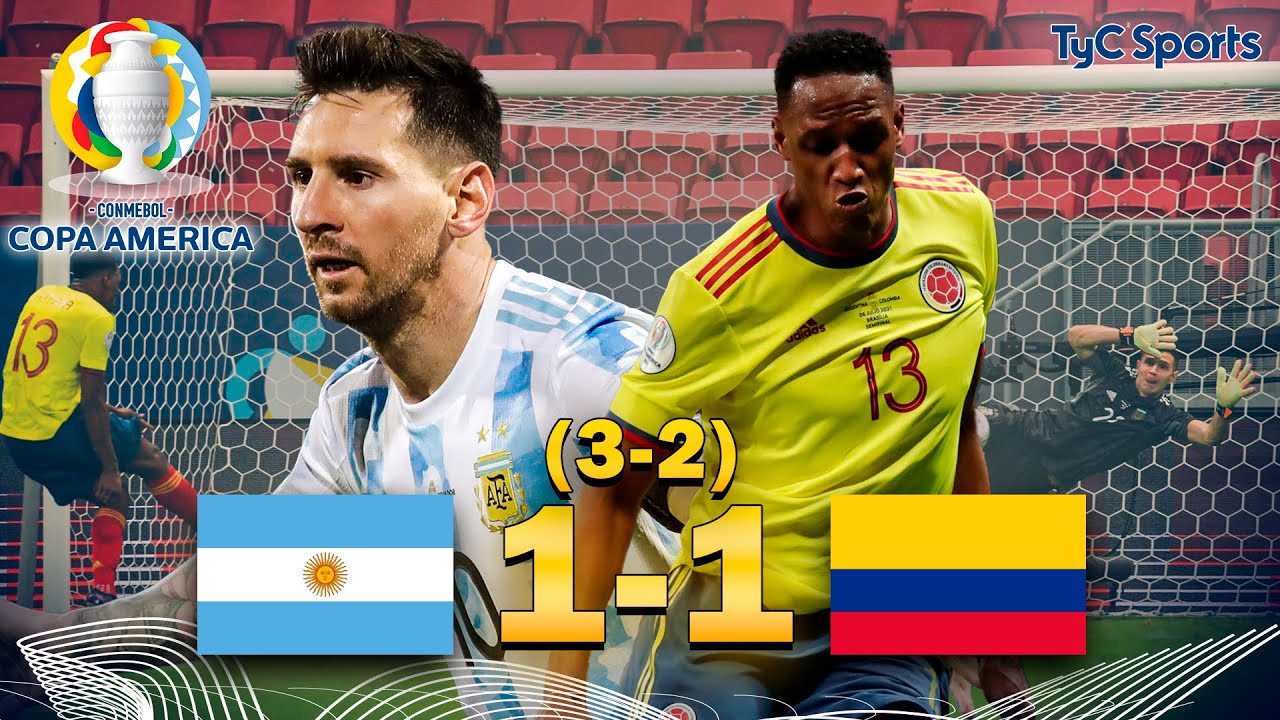 Seleccion Colombia En Vivo Sigue El Partido Contra Uruguay Sub 20
May 12, 2025
Seleccion Colombia En Vivo Sigue El Partido Contra Uruguay Sub 20
May 12, 2025 -
 Teen Mom And Beyond Examining Farrah Abrahams Post Show Trajectory
May 12, 2025
Teen Mom And Beyond Examining Farrah Abrahams Post Show Trajectory
May 12, 2025 -
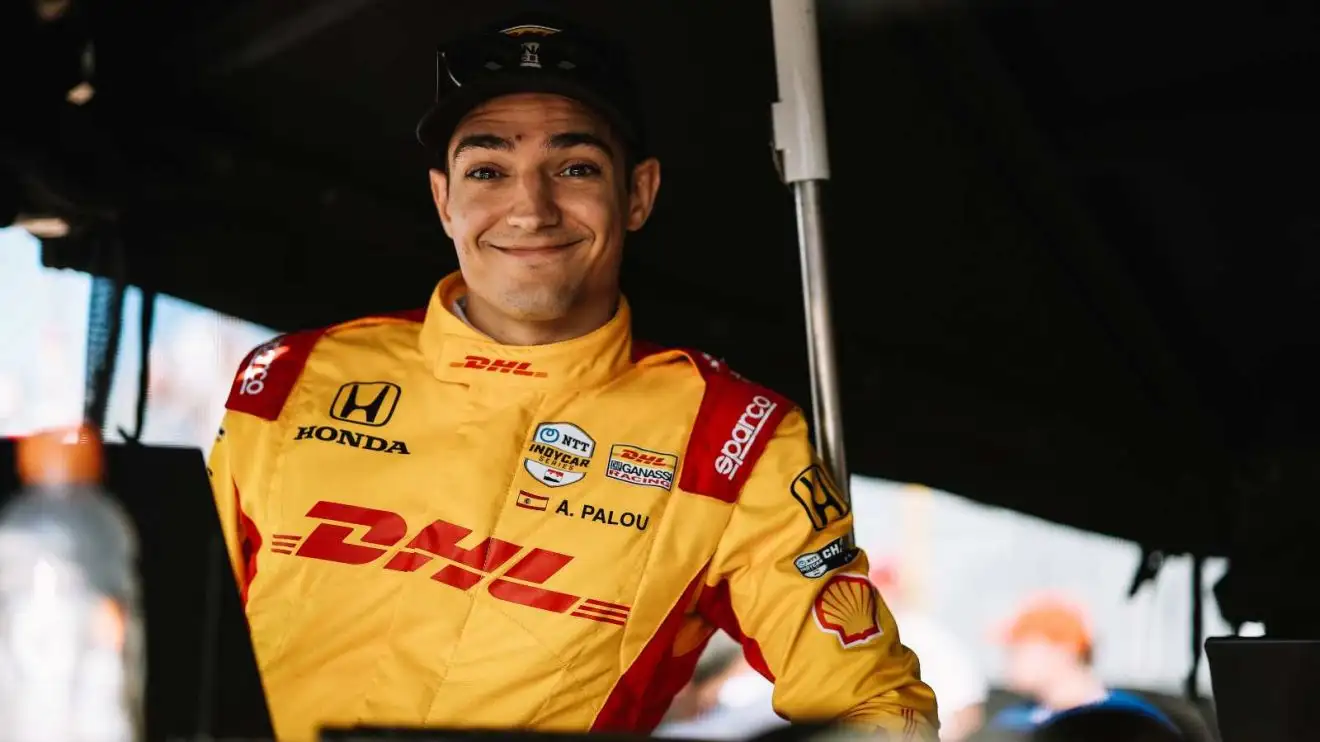 Indy Car St Pete Palous Win And De Francescos Comeback
May 12, 2025
Indy Car St Pete Palous Win And De Francescos Comeback
May 12, 2025 -
 Gnomes Gia Tin Tainia Jay Kelly Ti Lene Oi Kritikoi
May 12, 2025
Gnomes Gia Tin Tainia Jay Kelly Ti Lene Oi Kritikoi
May 12, 2025
Latest Posts
-
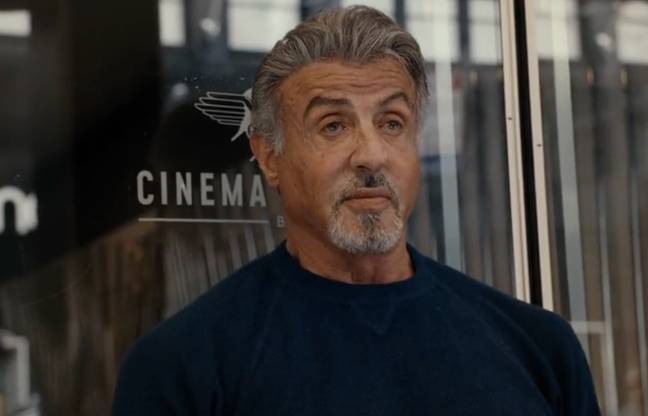 The Most Sentimental Rocky Film According To Sylvester Stallone
May 12, 2025
The Most Sentimental Rocky Film According To Sylvester Stallone
May 12, 2025 -
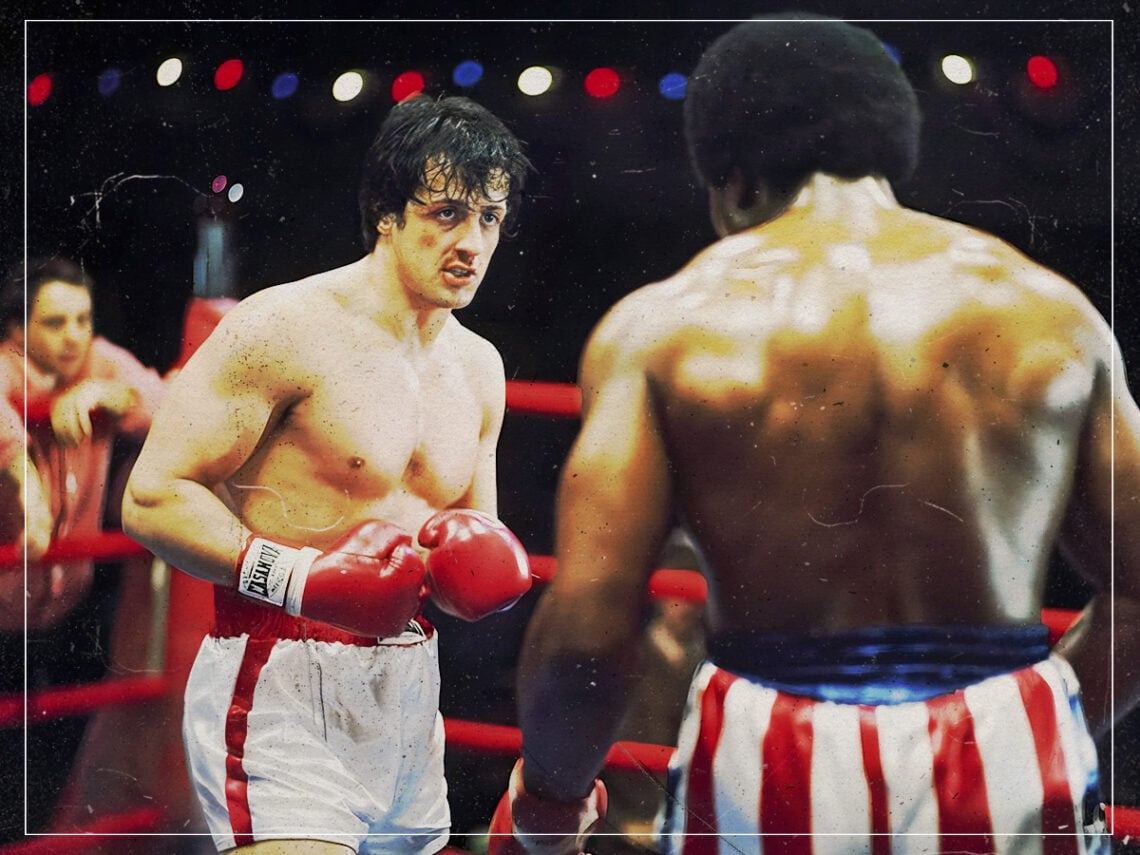 Which Rocky Movie Touches Stallone The Most
May 12, 2025
Which Rocky Movie Touches Stallone The Most
May 12, 2025 -
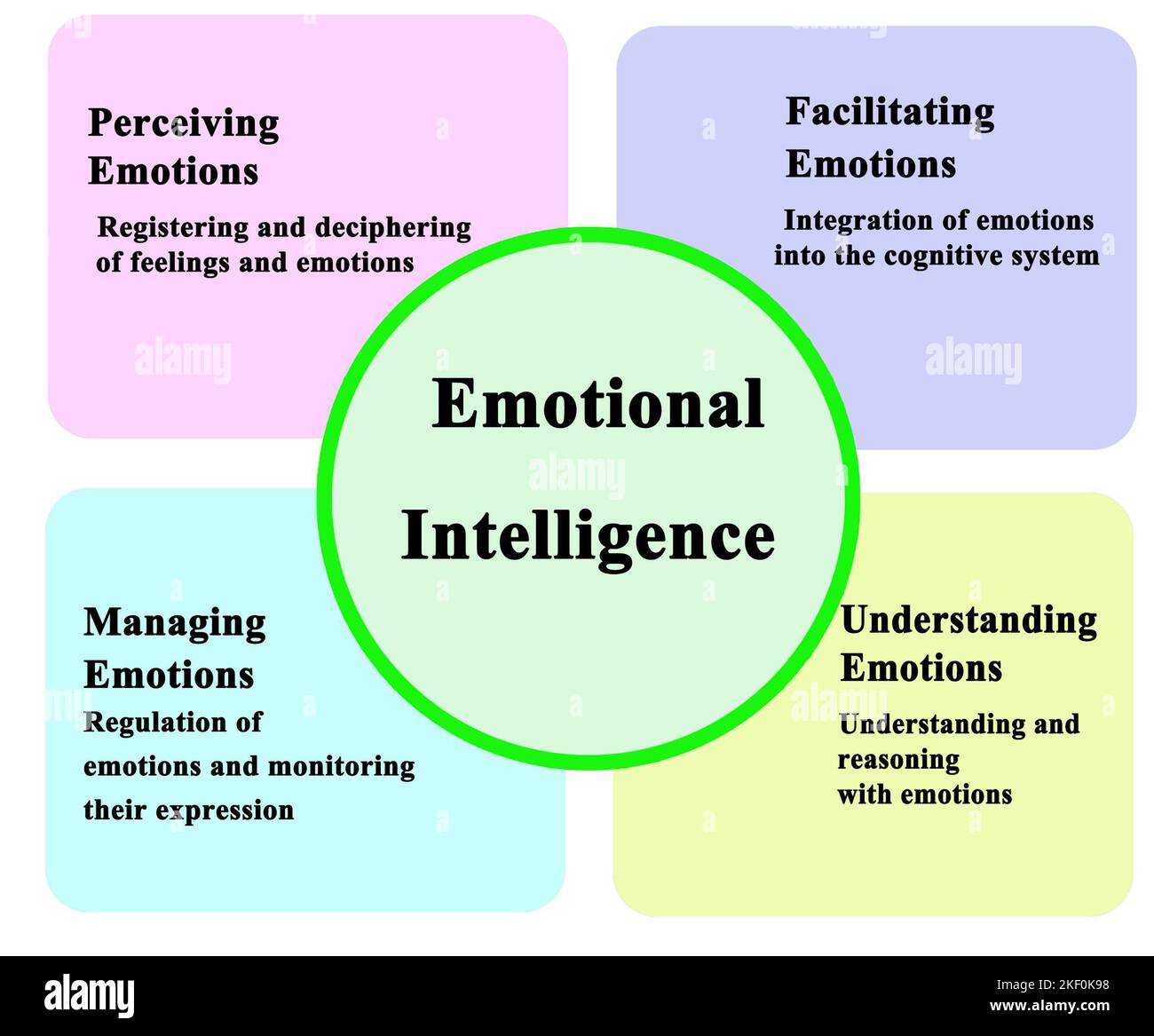 Rockys Emotional Core Stallones Favorite Movie
May 12, 2025
Rockys Emotional Core Stallones Favorite Movie
May 12, 2025 -
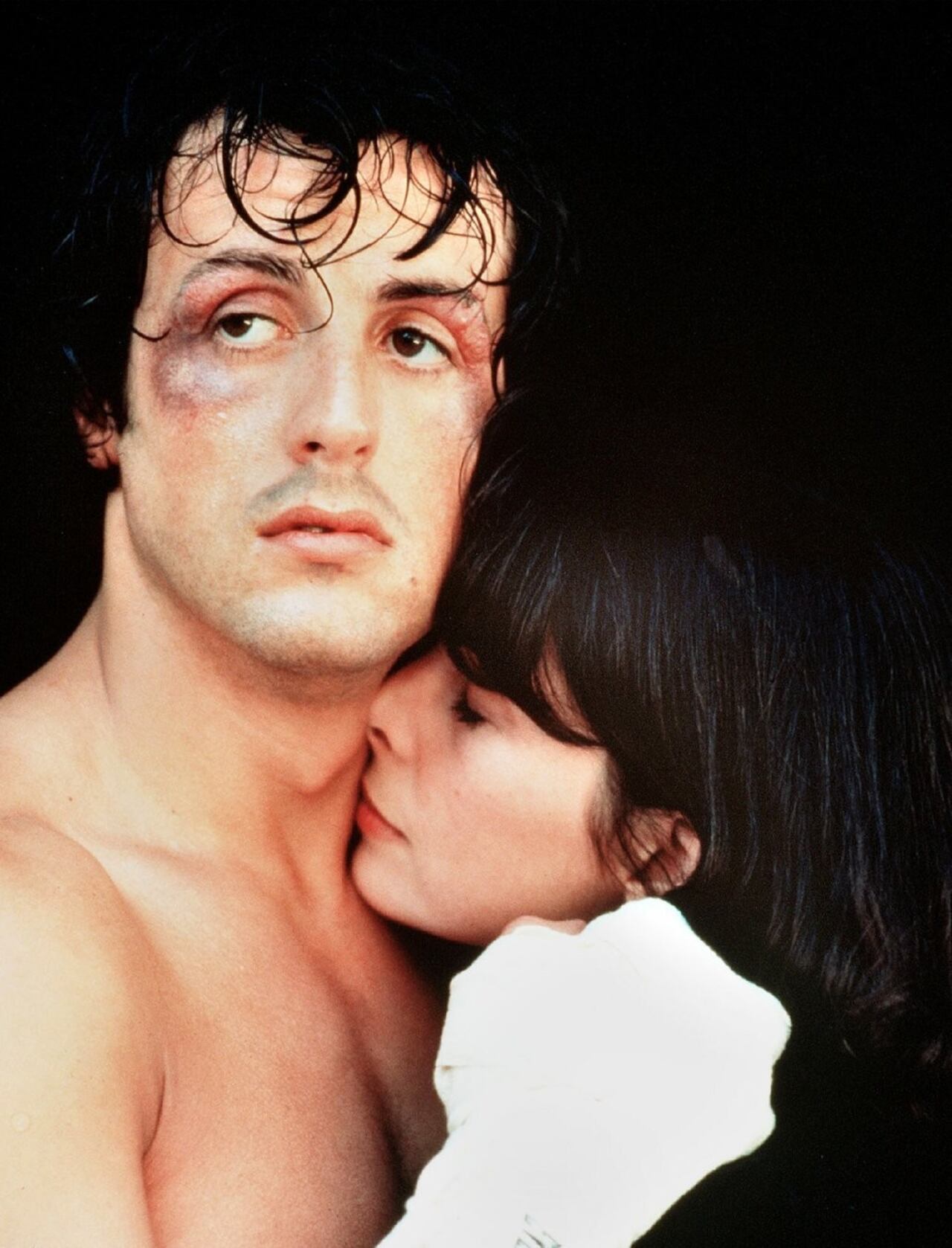 Stallones Pick The Most Emotional Rocky Film
May 12, 2025
Stallones Pick The Most Emotional Rocky Film
May 12, 2025 -
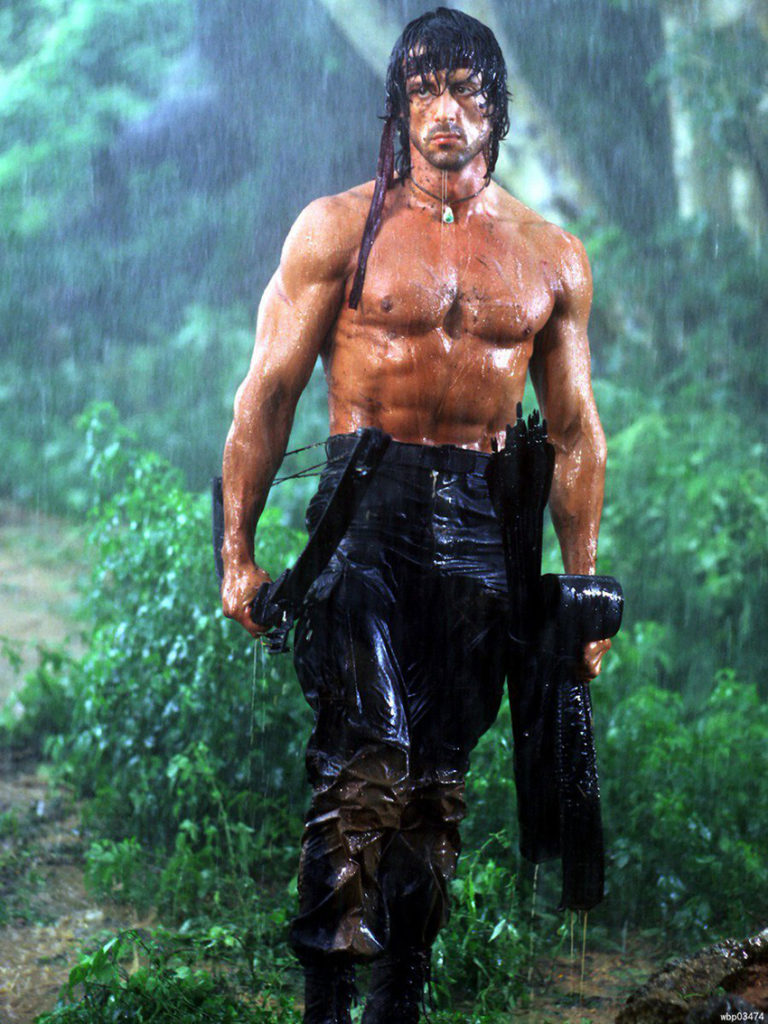 Exploring Sylvester Stallones Sole Directing Effort Outside Of His Acting Career
May 12, 2025
Exploring Sylvester Stallones Sole Directing Effort Outside Of His Acting Career
May 12, 2025
